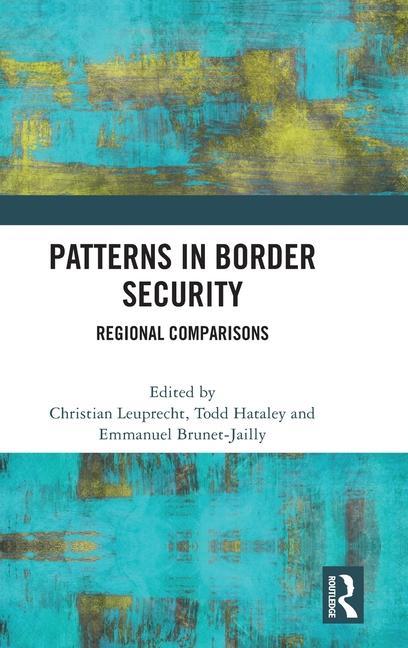This book compares the construction of cross-border security regimes across five regions of the world to illustrate how trust emerges from the day-to-day relations of coordination, cooperation, or collaboration. It studies the way borderland communities develop, implement, and align border policy to enhance their sense of security.
Inhaltsverzeichnis
Foreword Introduction - Patterns in nascent, ascendant and mature border security: regional comparisons in transgovernmental coordination, cooperation, and collaboration 1. The United States-Canada security community: a case study in mature border management 2. Security beyond the border: exploring Australia and New Zealand trans-Tasman relations in a globalised world 3. The European Union's model of Integrated Border Management: preventing transnational threats, cross-border crime and irregular migration in the context of the EU's security policies and strategies 4. Between triple borders: border security across Latin America's Southern Cone 5. Border security management in the MENA region: models of nascent and ascendant coordination and cooperation 6. Border security in Africa: the paradigmatic case of the Sahel as the embodiment of security and economy in borderlands 7. So similar yet so distant: border security management between India and Pakistan as a laboratory of non-experimentation













